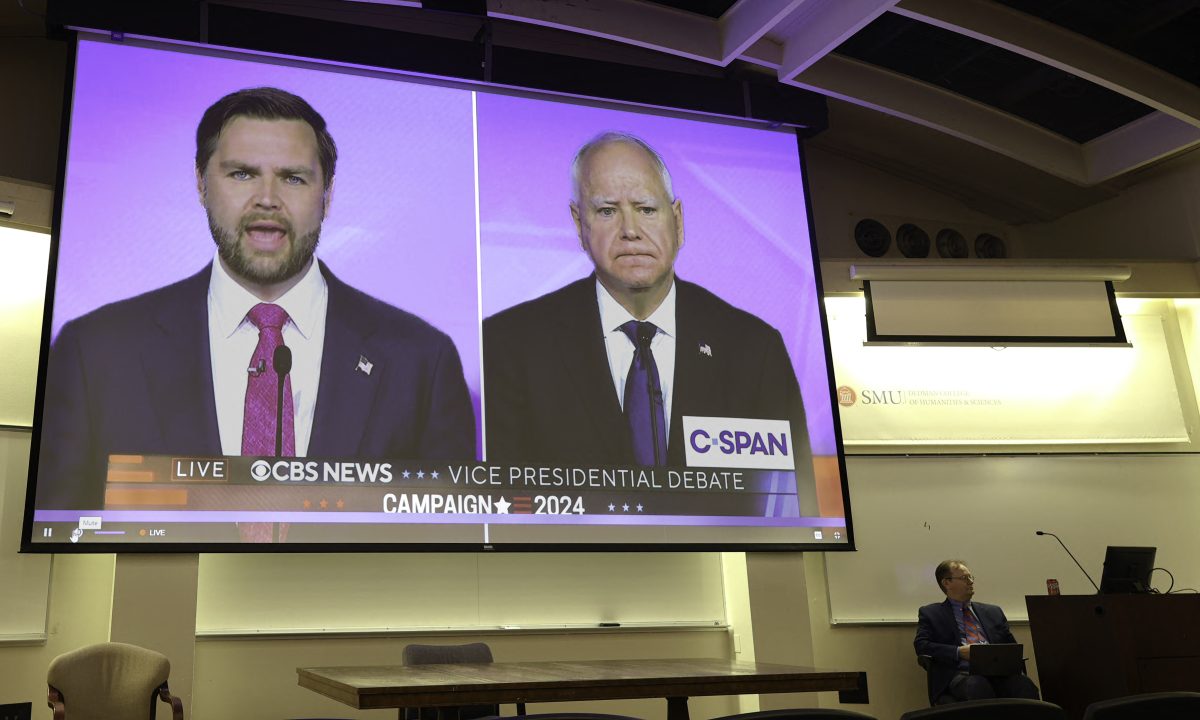It seems as though the word “faith” suffers today from a semantic impediment. The prevailing ideology would have one believe that the exhibition of one’s faith exclusively involves a belief regarding the existence of an invisible God. This leads to a neutered connotation that demeans the significance of faith’s direct implications. Surely, one could inspect any reputable dictionary and discover the references to faith as being a “strong belief” or “belief not based on proof” or “fidelity to one’s promise.” These are indeed the beginnings of faith, but they imply action because one acts upon whatever he or she believes to be true. In essence, faith is to demonstrate dutifully one’s belief in a certain truth. To believe is a matter of the mind, but faith acts on behalf of that belief. Thus, faith is not incidental; on the contrary, it is fundamental. Everyone exercises faith.
If one thinks that a certain action will benefit him either in the moment or in the future, then he will faithfully perform that act. So, it seems that one’s momentary conclusions guide his behavior, which illuminates his faith concerning truth’s substance.
To illustrate, one can believe that a chair will support her, but she does not exhibit faith until she actually occupies it. Furthermore, when one boards an airplane, she places her faith in the plane and the airline to see her to her destination safely. Considering that the chair is sturdy enough and that flying is the least risky form of transportation, the faith-based decision in either case would be reasonable.
A faith-based decision is one in which the evidence points to a certain conclusion, and one’s response to this evidence reveals his or her faith. One can either accept or deny the evidential conclusion.
Now, consider this analogy: faith is to science as why is to what. Science answers the “what” questions, while faith answers the “why” questions.
The only things that one can prove scientifically are repeatable observances. So, there are many things one believes as true that are not scientifically provable. Now, when one considers science or math, he thinks of their provability; However, if one were to consider the subjects such as history or jurisprudence, then he would infer that their conclusions are not scientifically provable.
For instance, in a murder trial, the specific crime in question cannot reoccur, but it can be determined to have been committed beyond a reasonable doubt. Thus, in light of the evidence, the jury surmises a verdict, but the verdict cannot be proved to be 100 percent flawless. Even today’s near-perfect forensic science offers only more complete evidence. The jury still must make the decision, and its decision is faith-based-contingent upon the evidence.
Now, the question of why versus what and thus faith versus science can be understood as such: Science could carry one some of the way, but faith carries him the remainder. The scientist can attempt to answer the questions of what, such as which laws, forces and trends occur through repeatable, empirical research, but he or she cannot answer the why.
Therefore, whether it is creation, evolution or some other conviction, the question of origin becomes a faith-based inquiry. Even if one were to trace everything back to a “Big Bang” origin or some other competing theory, then he or she must wonder what caused that particular event to occur.
The question of why the universe has come into existence cannot be answered by science because the universe’s beginning moment cannot be recreated, and thus it cannot be scientifically tested. Although science could supply the evidence as to what occurred, it cannot explain why. If we are left without a definite explanation, then the question of why shall haunt us.
So, at this juncture, faith becomes essential in order to address the why. So, by considering these premises, is it so illogical to propose that a creator fashioned the universe?
There was a beginning, and if one assumes there is no creator, then the innate drive for social sensibility is merely an arbitrary by-product of mankind’s evolution into intelligent animals. In addition, one voids himself of reasons for such universal order because he would then subscribe to the notion of nothing times nobody equals everything (excuse the double negative).
Therefore, one can neither prove God’s existence nor could he prove His inexistence. The finite minds of mankind cannot tread in the realm of infinity. The temporal cannot claim to comprehend the eternal. We can only observe the evidence and respond by faith with acceptance or rejection.
[Disclaimer: The arguments of this piece were not taken from the Darwin vs. Design conference. Unfortunately, I was not among the participants of this event.]
About the writer:
Russell Allsup is a senior finance major. He can be reached at [email protected].








